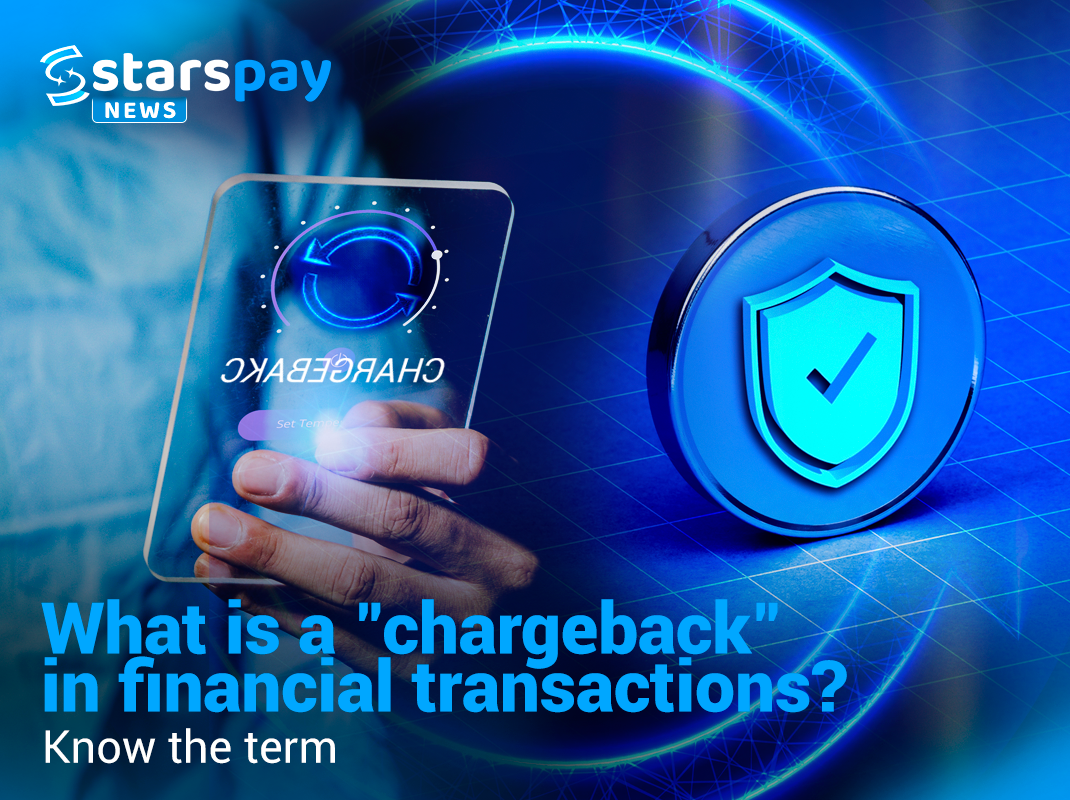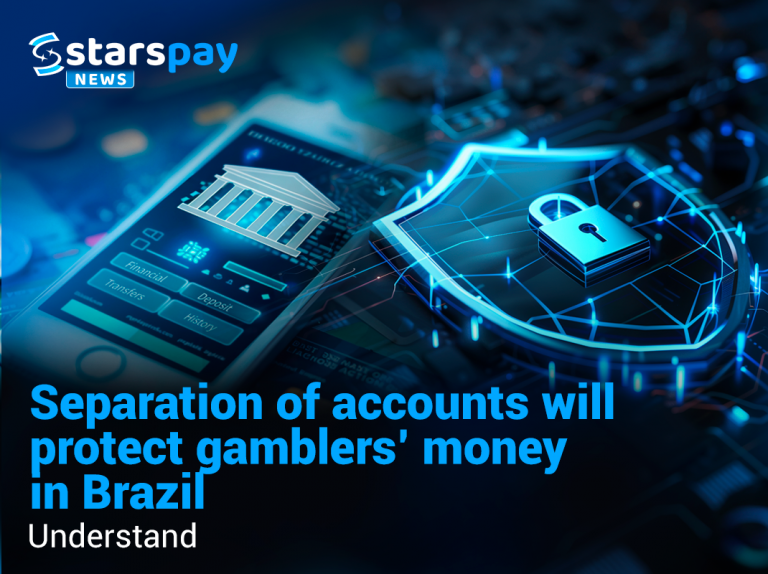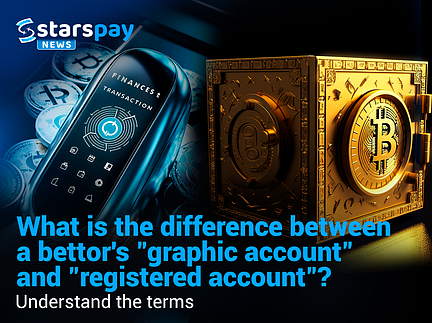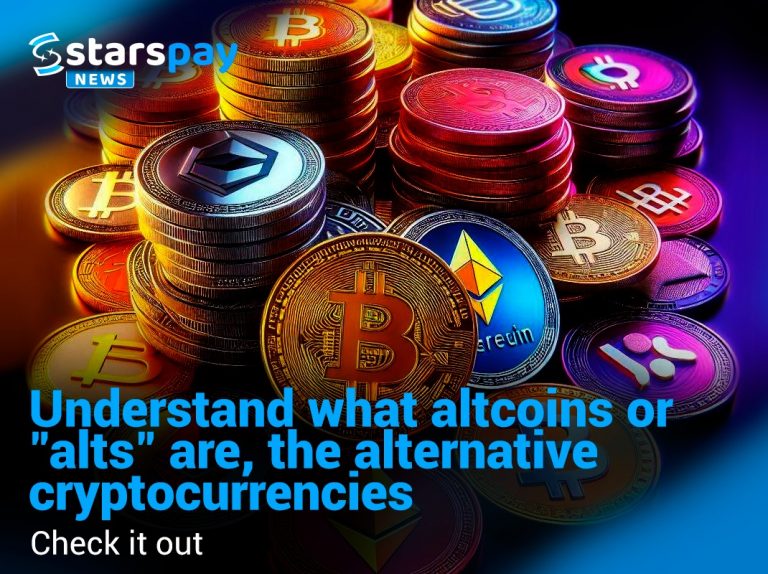The term “chargeback” is well-known in the world of financial transactions and refers to the process of disputing a credit or debit card purchase. While it provides extra protection for consumers, chargebacks can cause considerable losses for merchants involved in online sales. For those working in eCommerce, one of StarsPay’s areas of expertise, understanding this process is crucial.
In literal translation, “chargeback” means a “payment reversal.” It occurs when a user files a request with the card issuer, disputing a charge. The institution may ask for more information and evidence from the consumer, as well as contact the merchant to assess the case. The merchant can either accept or challenge the chargeback, providing proof that the goods were delivered satisfactorily.
Learn how StarsPay’s zero chargeback will make a difference for your business. Click here and get in touch.
With all this information in hand, the card issuer makes the decision regarding the request. If the dispute is accepted, the buyer receives a refund, and the merchant does not receive payment for the sale. This explains why chargebacks are important but also why they must be carefully evaluated. Each situation may represent either necessary compensation for the consumer or an unfair outcome for the merchant, depending on the reasons for the request.
Reasons for Chargeback
Chargebacks can occur for several reasons, the most common being processing errors, commercial disputes, or fraud. In a commercial dispute, the customer claims that the terms of the sale were not met, such as a defective product, non-delivery of goods, or an unprovided service. Processing errors happen when there is an issue with the charge, such as an incorrect amount or duplicate payments on the invoice.
Fraud cases are more complex, involving different situations with varying levels of severity. The user may have been a victim of card cloning, where criminals use legitimate data to make purchases in someone else’s name without their knowledge. However, there are also cases of self-fraud, where the cardholder acts in bad faith, requesting a refund even after receiving the product or service correctly.
Another type of fraud is known as “friendly fraud,” which is quite similar to the previous scenario but with a key difference. This term refers to a legitimate purchase dispute without malicious intent. This could mean that the user lent their card to someone and forgot, or a relative or friend used the card details without consulting the cardholder, or a subscription renewal was overlooked. Upon reviewing the statement, the person does not recognize the charge and contacts the card issuer about the chargeback.
Chargeback Numbers
According to the 2024 “Cardholder Dispute Index,” which analyzed consumer behavior regarding chargebacks in the United States, on average, each cardholder filed for 5.7 chargebacks in 2023, with an average value of $76 per dispute. This amounts to at least $65 billion in disputes for the year in the U.S., not counting other costs related to the reversal process. The “Chargebacks Consumer Survey” by Merchant Fraud Journal estimated the total cost of the practice to retailers in the U.S. at $100 billion in 2023.
Credit card companies themselves have reported an increase in chargebacks in recent years. From 2021 to 2022, Mastercard recorded a 33% increase in chargeback requests in the U.S. In 2022, Visa noted that up to 75% of disputes stemmed from cases of self-fraud or friendly fraud. “Consequences for merchants include losses that can be twice the original transaction amount and an increase in the chargeback rate, which can impact their businesses and financial outcomes,” the institution highlighted.
In Brazil, specific data on chargebacks is less robust. However, fraud attempts and data theft have increased, particularly with the rise in online transactions, introducing new types of scams. This makes it even harder to distinguish between legitimate disputes. According to a Visa report, which analyzed 2.7 billion transactions globally in 2023, totaling $381 billion, Brazil had a fraud risk rate of 14.24%. This placed the country second, behind only China, which registered a 14.93% risk.
Count on StarsPay
Chargebacks are crucial for consumer protection, offering an additional layer of security in cases of fraud or errors in purchases. However, misuse of transaction disputes can lead to significant losses for businesses, requiring rigorous verification processes. The financial impact of chargebacks can reach billions, and for small and medium-sized businesses, it can mean the difference between success and bankruptcy. One of the benefits offered by StarsPay is zero chargeback, which employs a variety of tools and measures to minimize the impact of disputes and protect merchants from undue losses.
Want to learn how to avoid chargebacks? Contact the StarsPay sales team now at [email protected].





